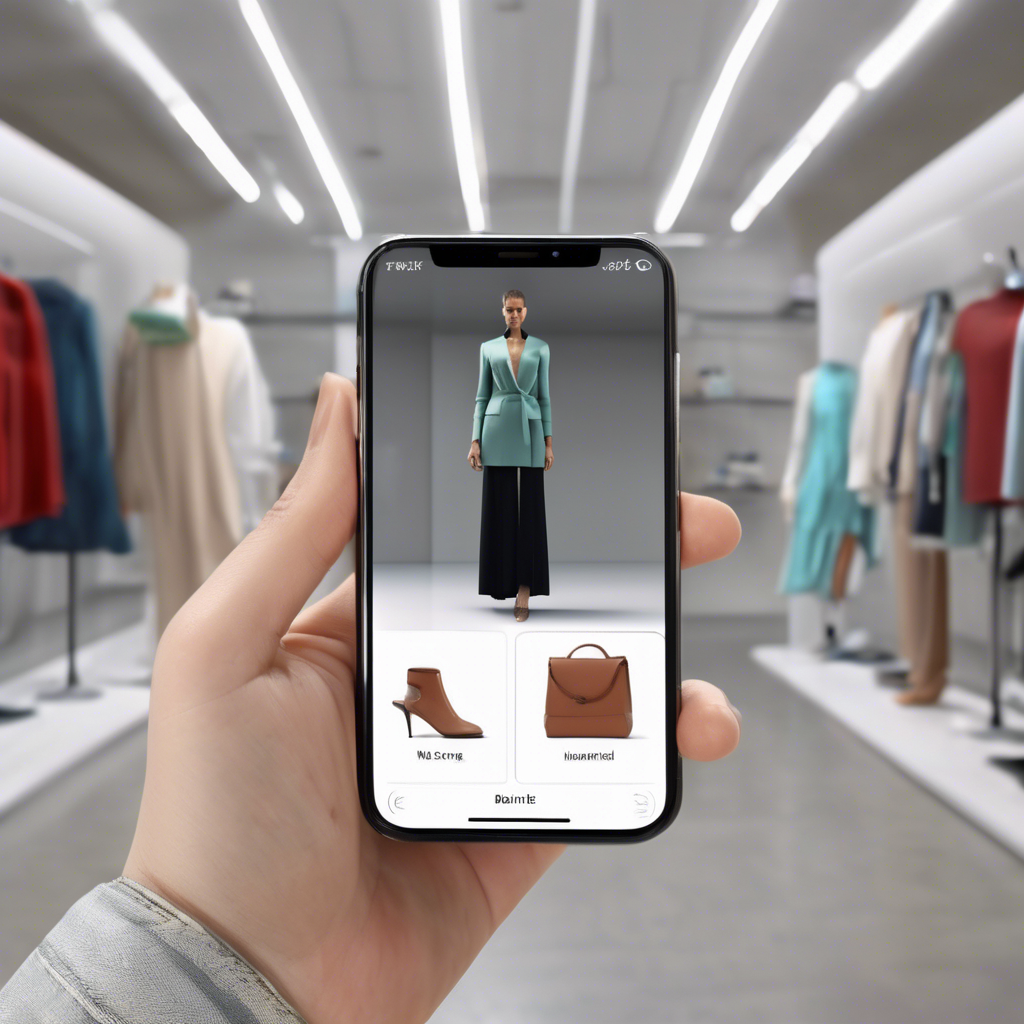Google's AI Virtual Try-On Tool Debuts at I/O 2025 with Fashion and Ethical Challenges

Brief news summary
At Google I/O 2025, Google introduced "Try it on," an AI-powered virtual clothing try-on feature integrated into Google Shopping. Inspired by the film "Clueless," this innovative tool enables users to upload their photos and see outfits realistically rendered using a specialized fashion image generation model. Available via Google Labs, it delivers styled images in about 15 seconds with high accuracy, although occasional minor glitches like unexpected accessories or fit issues can occur. Despite its cutting-edge technology, the feature sparked controversy due to misuse, including inappropriate edits such as adding breasts to male photos—even involving minors—raising significant safety and content moderation concerns. In response, Google enforced strict policies banning explicit content, restricting sensitive apparel categories, and prohibiting manipulations involving identifiable minors to curb abuse. Still under development, "Try it on" marks a major advancement in AI-driven shopping, offering a futuristic virtual try-on experience while emphasizing the need for responsible and ethical use.At Google I/O 2025, Google unveiled numerous AI features, including a standout virtual clothing try-on tool within Google Shopping's "Try it on" feature. This tool allows users to upload a photo of themselves and virtually try on clothes, resembling the computerized closet Cher Horowitz used in the 1995 film Clueless—something millennials have long dreamed about. As Mashable’s Haley Henschel noted, Google’s feature effectively turns that fantasy into reality. Soon after launch, users began attempting to "jailbreak" the tool, a recurring tradition among tech writers testing new AI offerings. The Atlantic reported a humorous yet concerning discovery: Google’s AI sometimes adds breasts to images of users, including photos of underage individuals, raising safety and ethical questions. Testing the tool myself, I found it impressive as a fashion assistant. To use it, one must sign into Google, activate Search Labs experimental features, upload a full-body photo, then select a clothing item in Google Shopping and click the "Try it on" button. The tool, built on a fashion-specific image generation model, produces virtual try-on images within about 15 seconds, closely matching the real clothes’ fit and style. For example, when I tried a blue cashmere polo, the AI-generated image accurately reflected the look, even adjusting pants and shoes to complement the outfit, though it made me appear slimmer and added accessories like a necklace I wouldn’t normally wear. While a disclaimer warns that "AI images may include mistakes" and fit won’t be exact, the tool’s results are surprisingly reliable for an experimental product, fulfilling a long-awaited demand for virtual fitting rooms. However, some AI errors are less flattering. When testing a pink midi dress, the tool removed parts of my shirt and added chest hair to realistically depict how I might look in a low-cut dress.
Similarly, trying a pink women’s sweater produced extra breast padding. Fortunately, lingerie try-on is not supported. These results highlight challenges with gendered clothing visualization. Google faces a dilemma: men can understandably choose cross-gender attire, and restricting such options risks censorship; the company may eventually limit the tool’s use on revealing garments. Regarding misuse, The Atlantic’s critique about altered images of underage users stems partly from users uploading images violating Google’s safety policies. Google assures strong safeguards are in place, including blocking sensitive apparel categories and preventing uploads of clearly identifiable minors, though image generation won’t always be perfect. The company is committed to improving the experience through continued iteration in Google Labs. While the tool could theoretically be exploited for cyberbullying or deepfakes, such risks are inherent to AI broadly, not unique here. Google explicitly bans adult or sexual content, child abuse imagery, non-consensual or explicit images, and other inappropriate or harmful content under its AI guidelines. In summary, Google’s "Try it on" AI shopping tool is a promising and fairly accurate fashion assistant, offering users a futuristic way to preview clothes virtually, despite certain technical and ethical challenges that Google is actively working to address.
Watch video about
Google's AI Virtual Try-On Tool Debuts at I/O 2025 with Fashion and Ethical Challenges
Try our premium solution and start getting clients — at no cost to you















